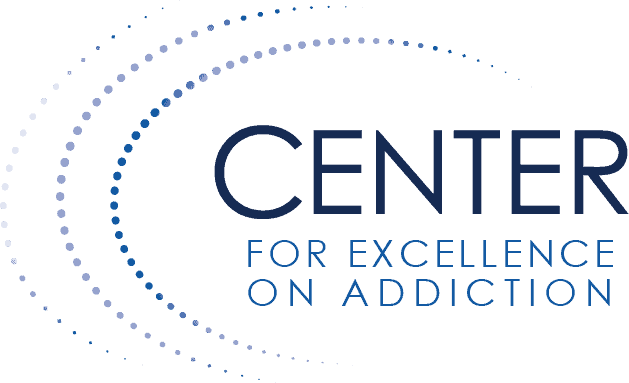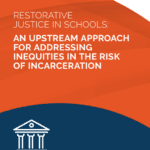Restorative Justice In Schools: An Upstream Approach For Addressing Inequities In The Risk Of Incarceration
This report discusses school restorative justice practices as a potential protective factor and an alternative to exclusionary discipline policies in K-12 school settings. Rather than assigning blame and punishment, restorative justice focuses on non-punitive, relationship-centered approaches to addressing behavioral issues while youth continue to participate in school activities.11,14,15 School-based restorative justice has been shown to be a promising practice for preventing youth incarceration (i.e., school-to-prison pipeline) and reducing racial inequities, thereby protecting youth from current and future negative outcomes (or negative health and social outcomes across the life course) associated with adverse childhood experiences.

